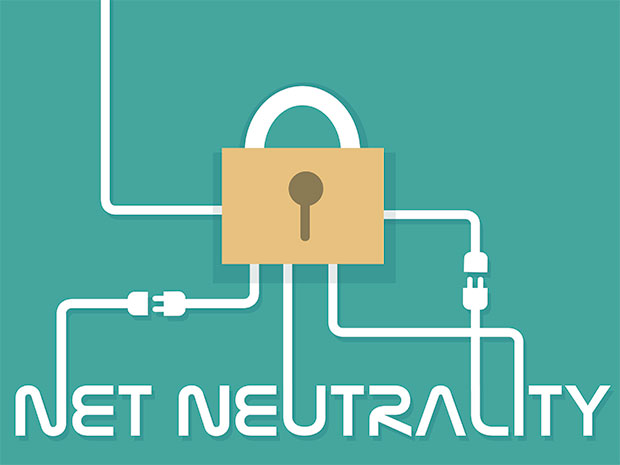
The Federal Communications Commission voted on Thursday to repeal rules over how Internet service providers, or ISPs, grant online access. This change might have significant consequences for Internet use—and its costs.Net neutrality as we’ve known it is over.
Brief background
Net neutrality refers to the principle that ISPs must treat all digital content equally, whatever it is and wherever it’s hosted. So broadband companies (Eg: AT&T and Comcast) can’t privilege the loading of one website over another, and they can’t charge users more to view certain material like, say, streaming movies.
Here’s a look at what the developments could mean for Entrepreneurs.
Right now, anyone with an interest in launching a new venture has access to unprecedented online resources, relationships, and services. Good products, ideas can emerge from anywhere and almost instantly achieve immense global reach.Crowdfunding platforms and Social media have changed the way many small businesses get started raising capital.
This trend depends on an open internet. Since its inception, the growth of the internet has been guided by a foundational principle: your broadband provider should not get to pick winners and losers in terms of how quickly or easily you can access things online. Instead, you should control what you see and what you do, and everyone should have an equal opportunity to get their content or service to their intended audience, without interference. This principle has led to a virtuous cycle of innovation that has driven our economy in previously unimaginable directions. For the first time, small business could think big and consumers could shop small, from anywhere in the world.

The Slow Lane and Fast Lane
Right now Internet plans are prohibited from prioritising any particular corner of the web though they cap the data and charge more for higher bandwidth limits.
Without rules barring paid prioritisation,(according to critics), broadband companies could create fast lanes and slow lanes for different sources of content. Technology giants like Google, Facebook, and Netflix could pay a hefty fee to deliver their content more rapidly to consumers; content from startups that lack the money to do so could wind up in the slow lane.
Such a structure would provide new revenue for ISPs. Meanwhile, a smaller streaming company competing against Netflix would be at a huge disadvantage. Many consumers may end up sticking to larger, more widely available sources.
Small businesses and consumer groups have already voiced concerns that without net neutrality, the bigger players will have an edge. If, for example, you own a flower shop and sell your products on a personal website, you may end up struggling to reach out to consumers.
The Impact
Eliminating net neutrality rules at the FCC could have a big impact, especially for small businesses. Open Internet has been a blessing force for entrepreneurship across the globe. It has changed the way we develop new businesses. As the FCC votes to unravel this much-needed openness, it should fully understand that it is not a viable path forward for consumers or small businesses and start-ups.
Subscribe to stay ahead with the latest updates and entrepreneurial insights!

Subscribe to our newsletter
Get access to the latest industry & product insights.





















